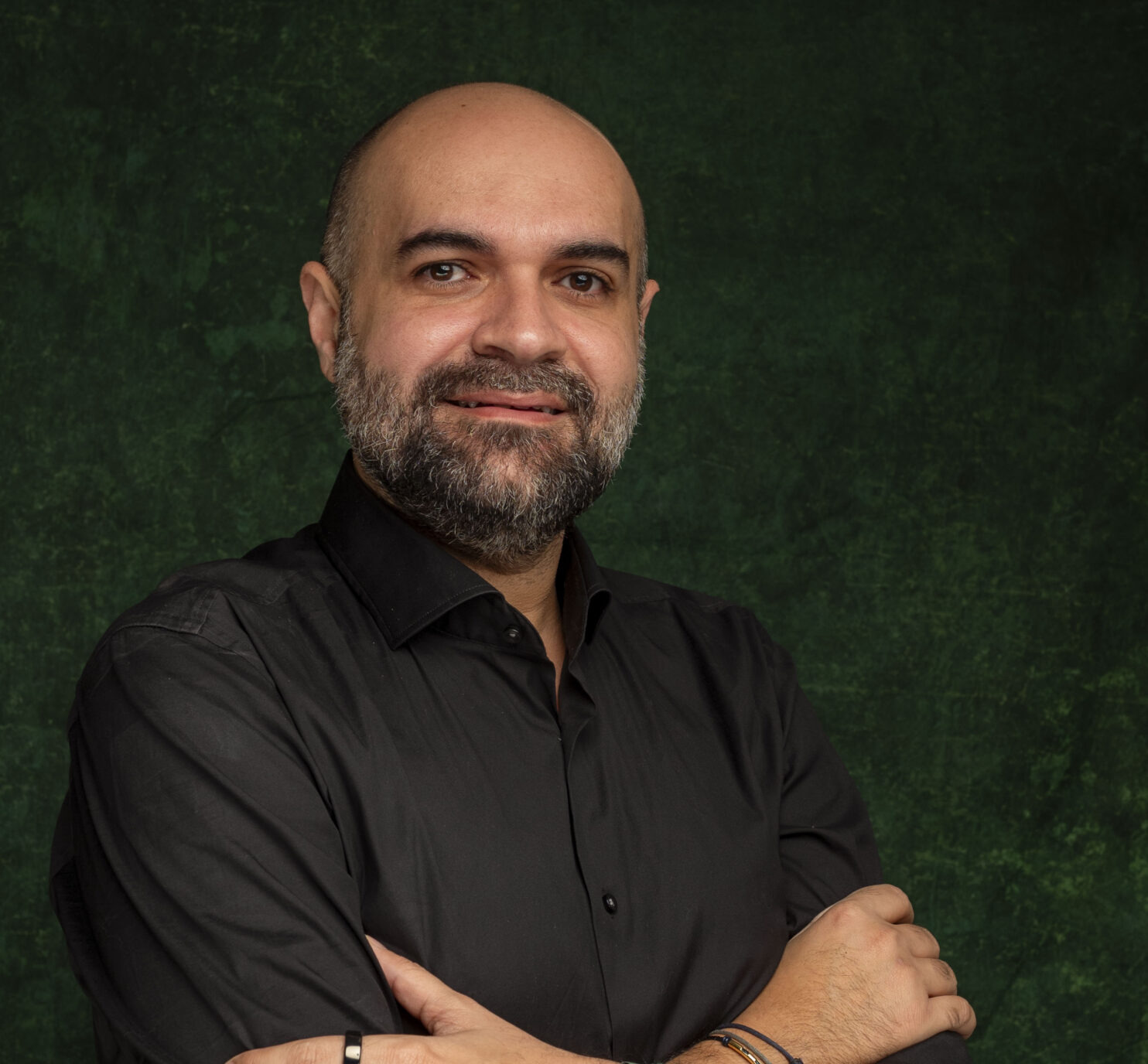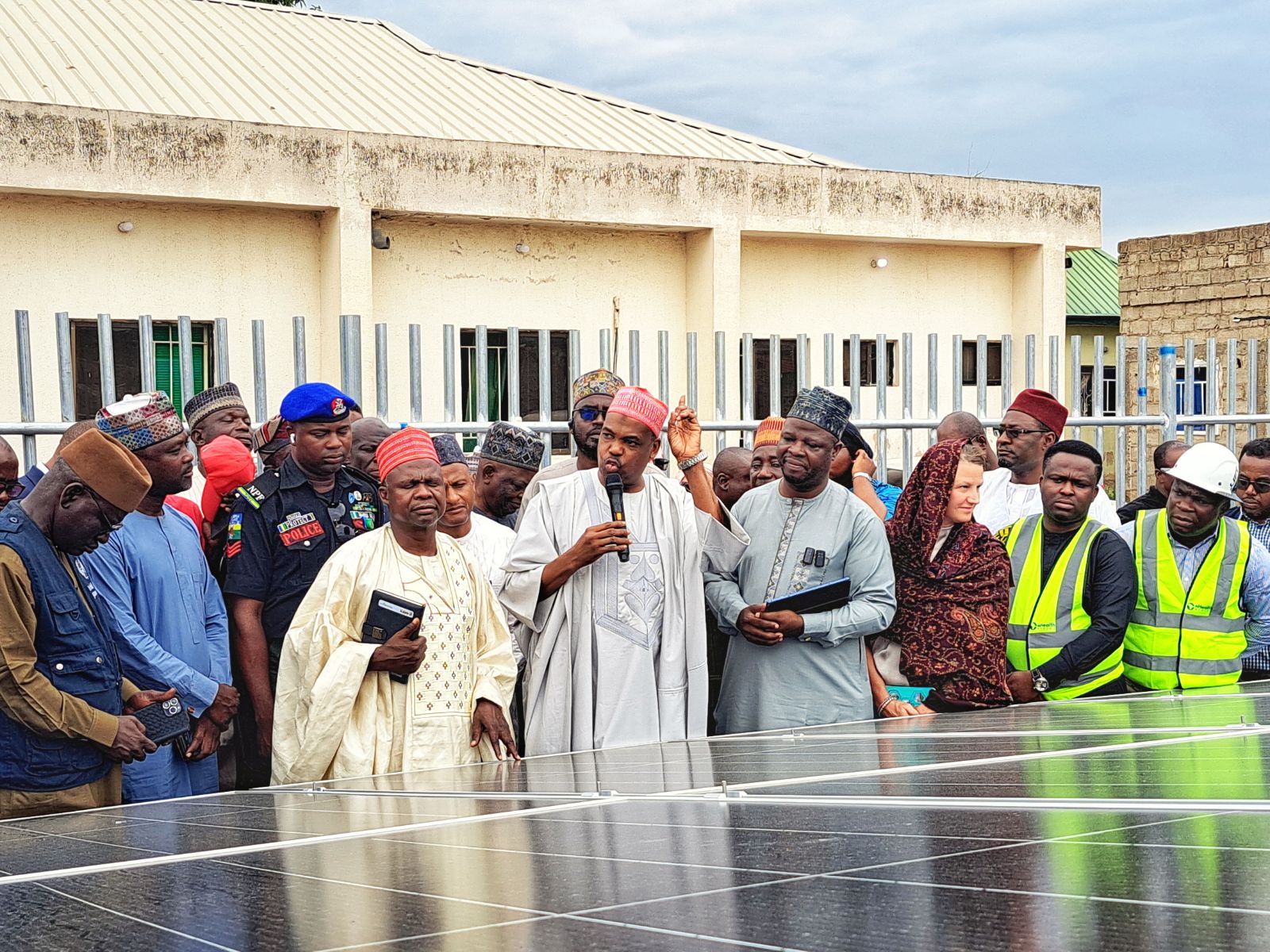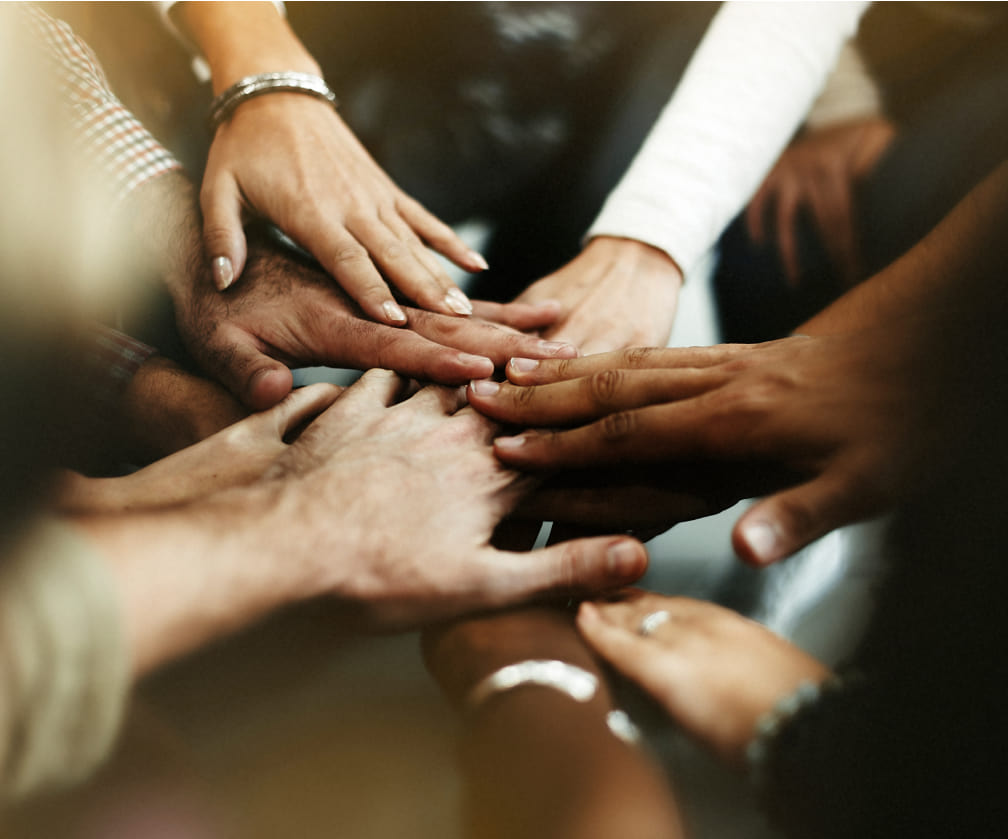The year 2025 has been a watershed year for global development. Aid is shrinking. United States assistance has all but disappeared. Public debt is choking governments’ ability to fund health, education, and basic services. The old model that was aid dependent, externally dictated, and reactive was never truly sustainable.
The truth is, Africa has been carrying itself for decades. Governments, innovators, and communities have turned scarcity into ingenuity and built solutions that work. Mobile banking transformed financial inclusion. Women led enterprises are reshaping access to clean energy and education. And in health, data driven systems have strengthened outbreak response and saved lives.
At eHealth Africa, we see this up close. Solarized primary health centers keep vaccines cold in places far beyond the grid. We are designing and scaling Digital solutions, Emergency Operation Centers and Laboratory Systems hand in hand with African governments to catch outbreaks before they spread. And when Ebola and COVID-19 hit, it was African expertise, not external rescue, that made the difference. These are not stories of charity. They are stories of resilience and ownership.
This moment is not a crisis of aid. It is an inflection point for sovereignty. Africa’s future cannot be defined in Washington or Brussels. It is already being written in Lagos, Kigali, Dakar, Johannesburg, and Abuja.
That conviction drove us to convene the Insights Learning Forum 2025 in Abuja under the theme “Local Investments for Connected Communities: The Power of Digital Health Networks in Public Health Transformation.” Leaders across government, business, and civil society sent a clear message: transformation will only last if local investment fuels innovation and if communities shape the tools built for them.
At ILF 2025, we called for governments to budget for digital health, for innovators to design with their own communities, and for the private sector and donors to commit for the long haul. As my colleague Ota Akhigbe put it: “Transformation does not begin with flashy tools or external funding. Transformation begins with local commitment.”
Now, at the United Nations General Assembly (UNGA), we are carrying this message forward. Alongside Population Service International (PSI), Population Council, and Reach Digital Health, we are convening a dialogue on African-led Innovation: Shaping Sustainable Futures With or Without Aid. This is because the question is not whether Africa can innovate. It is whether global partners are ready to recognize, invest in, and scale what is already working.
That means:
- Private sector: build technologies with African businesses and governments that solve real problems in health, education, and agriculture.
- Philanthropy: move from fragmented short term grants to long term, flexible investments that back African leadership.
- Governments: explore new financing models from dedicated health levies to social impact bonds that secure sovereignty and sustainability.
- Civil society and NGOs: pool resources and adopt adaptive models to keep impact alive even as budgets shrink.
ILF 2025 showed us the urgency. UNGA is our chance to make sure the world not only listens, but acts,because the future will not be given to us. It will be built by us.
About Atef Fawaz:
Atef Fawaz is the Executive Director of eHealth Africa. He is a complex operations management and ICT expert with experience in humanitarian response and digital health.



